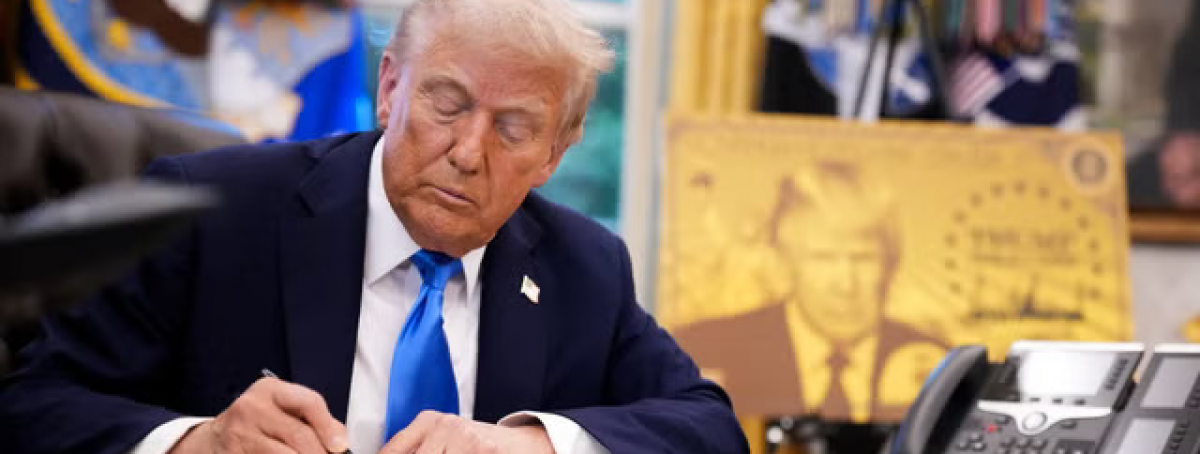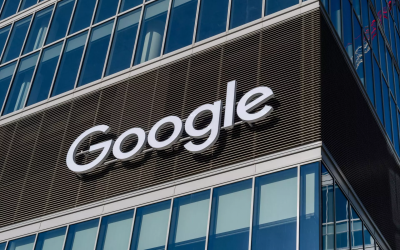 Industry News
Industry News
US imposes high fees on H-1B visas raising talent concerns
President Donald Trump has signed a proclamation imposing a $100,000 annual fee for companies sponsoring H‑1B visa applicants, a move designed to ensure only “exceptional” talent enters the U.S. workforce. H‑1B visas primarily serve highly skilled roles, particularly in technology, with about 60% awarded to computer-related jobs since 2012.
The new rule, effective immediately for 12 months, will require employers to pay the fee annually. In tandem, Trump signed an executive order introducing a “Gold Card” program, offering expedited green card–equivalent visas to foreign nationals contributing $1 million personally or $2 million via corporate sponsorship. Officials will allocate the funds to support American commerce and industry.
Trump likened the fee to a signing bonus in professional sports, framing it as a way to attract top-tier talent. However, early reactions from the tech and healthcare sectors have been critical. Venture capitalist Deedy Das described the measure as “devastating news,” warning it could reduce U.S. competitiveness by discouraging highly skilled talent from relocating.
Healthcare experts also caution that the fee could worsen the existing shortage of physicians, with many relying on H‑1B visas to fill critical roles. Critics further argue that H‑1B jobs are sometimes classified at lower skill levels, limiting earning potential and undermining the intended goal of attracting elite talent.
The policy shift has sparked debate about balancing revenue generation and global talent acquisition, with long-term implications for innovation, competitiveness, and critical workforce sustainability in the U.S.
Read the full article for insights on how these shifts could impact business, talent, and innovation.


Discover What's Happening

Explore our newsletters
Join our Newsletter to receive the latest industry trends, expert tips, and exclusive insights delivered straight to your inbox!











.png)

